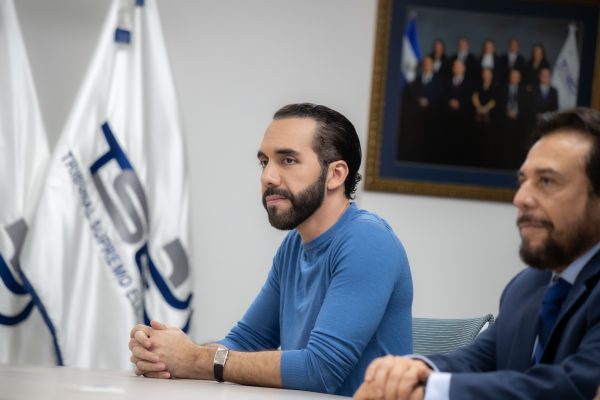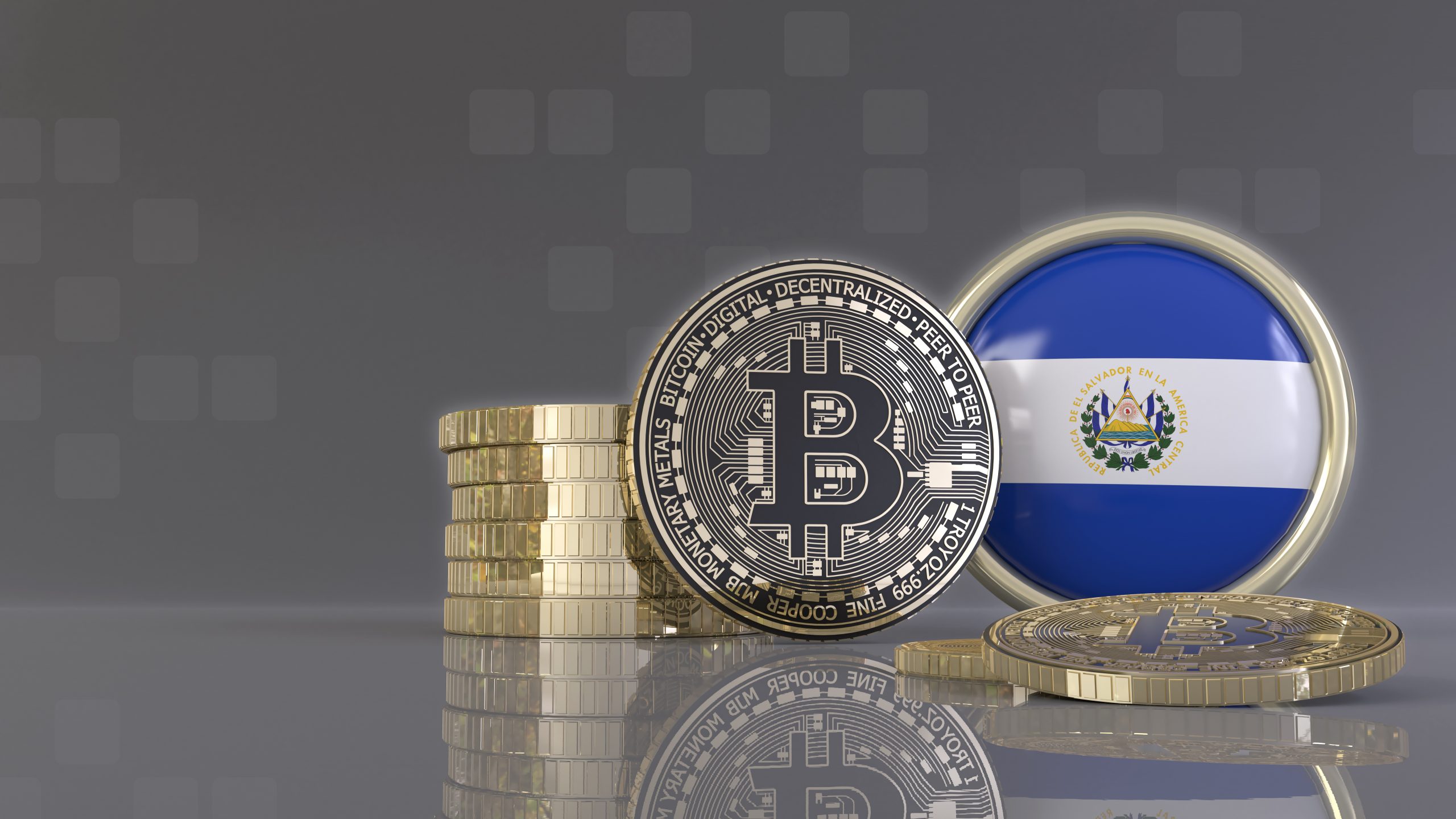President Nayib Bukele made the announcement on X (formerly Twitter), claiming that the government would recover 100 per cent of their investment if they were to sell the Bitcoin.
“Of course, we have no intention of selling; that has never been our objective,” Bukele wrote.
“We are fully aware that the price will continue to fluctuate in the future, this doesn’t affect our long-term strategy.”
He called for his critics to take back their previous statements in articles and pieces that “ridiculed” their losses.
The president has allegedly spent more than US$120 million ($181.77 million) of public funds buying Bitcoin.
At one point, it was reported that the Bitcoin were worth half of what was paid for them.

The International Monetary Fund (IMF) warned of the increased risk to the country’s economic growth and El Salvador’s ability to consolidate their debts.
At the time, Bukele’s move was labelled “impulsive”.
The IMF said there was limited adoption of Bitcoin in the country, so these risks have “not materialised” yet.
It is believed that the US$120 million is only a portion of the public money that was used to promote Bitcoin in El Salvador.
“The government spent a lot of money on the development of the Chivo Wallet application, on the installation of ATMs, which mostly do not work, on a $30 bonus for all citizens over 18 years of age, on propaganda and international events,” said Oscar Picardo, director of the Institute of Sciences at the Francisco Gavidia University, El Salvador.
“When you add up all the expenses, the result cannot be positive.”
Central American economists have also highlighted that the increase in the price of Bitcoin does not offset the economic cost of Bukele’s Bitcoin project.
Bukele has registered to run for re-election in February 2024 and plans to seek a second five-year term.






